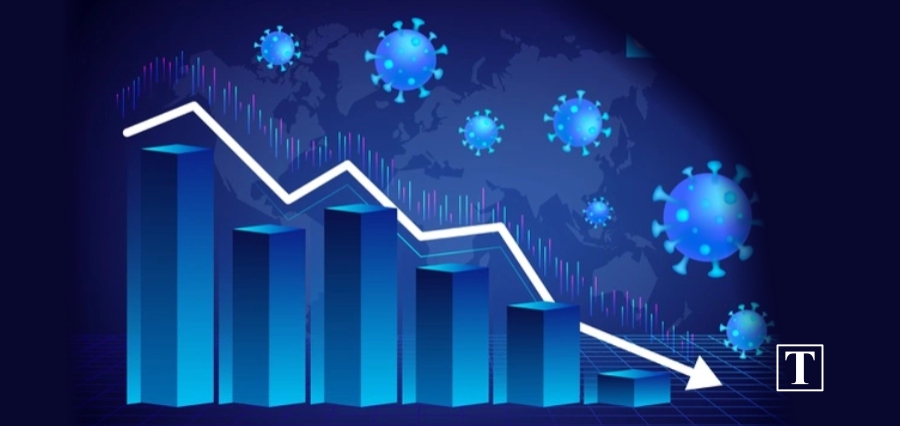The initial impact of the pandemic in 2020 on the world’s economy was rampant. It affected people in almost all age groups. With the arrival of vaccines in 2021, there was a ray of hope that the situation will improve, people can go to work, travel, and life will be back on the track again. The economy was down but recovering and things were improving. Countries were making strategies to improve their economic growth and the world was getting back on its feet. However, in November 2021, the world received another challenge with the discovery of the new coronavirus variant, Omicron. The global citizens and economy were in distress again.
Understanding Omicron’s Impact
Even though the Omicron variant appears to cause less severe illness and require fewer hospitalizations, it is far more contagious. It seems this variant of the virus is doing less damage to the healthcare system as compared to the prior variants like Delta. There are still chances that it may overwhelm hospitals because of the high infection rate.
The pandemic had done enough damage to the world’s economy. Some countries are again tightening the restrictions by closing their border and through the lockdown. Others still are taking the risk to keep everything open in limited. Many schools which were opened are again going back to online learning. The travel and tourism industry is again getting severely affected and many flights, hotels, and restaurants bookings have been canceled. Many events have either been postponed or canceled due to a surge in the covid cases.
The Penultimate Scenario
Before the third wave hit, to normalize things, the supply chain tailback and higher demand caused prices to go beyond the expected for a few products. Inflation was at an all-time high. With the wave spreading its tide, the transport industry got badly affected due to supply chain delays. Many factories and distribution centers had to shut down. The world faces a shortage of laborers with people falling sick, or not comfortable coming back to work, or due to the mandatory quarantine rules. Though given the less severity, many countries are easing the quarantine rule. They have cut down the isolation period to 5 days for asymptomatic cases so that businesses can run and it doesn’t upset their economy.
The global computer chip shortage is still prevailing. Small firms and businesses are again struggling as there is continued demand for specific products like masks and sanitizers. In developed countries, the number of people applying for unemployment benefits has increased drastically. Many people are still unemployed or meagerly paid, hence, spending less.
Hoping for the Best
Some economists believe that Omicron has not yet affected many countries that are involved in the global supply chain. If that happens there might be more disruption in the second quarter as well. On the other hand, few others believe that even though it is too early to call ‘endemic’ with this new variant, there may be other variants that will keep coming up. However, they say, with the roll-out of more vaccines and as a greater number of people get vaccinated, the nature of the virus will weaken over time and there seems to be a ray of hope to bring the global economy back on track.
Since this variant ‘Omicron’ is new it is too soon to judge its impact on the global economy. Prior variants have already shattered the world’s economy and the stock market. Some experts believe that Omicron may only cause interim disruption as the recovery is likely to continue, but Omicron may slow down its pace. Countries should take calculated risks and people should plan their investments. With the new virus variant, the economic rebound is difficult in the first quarter of 2022. However, some policymakers believe that even after so much disruption, the global economy will recover gradually.


